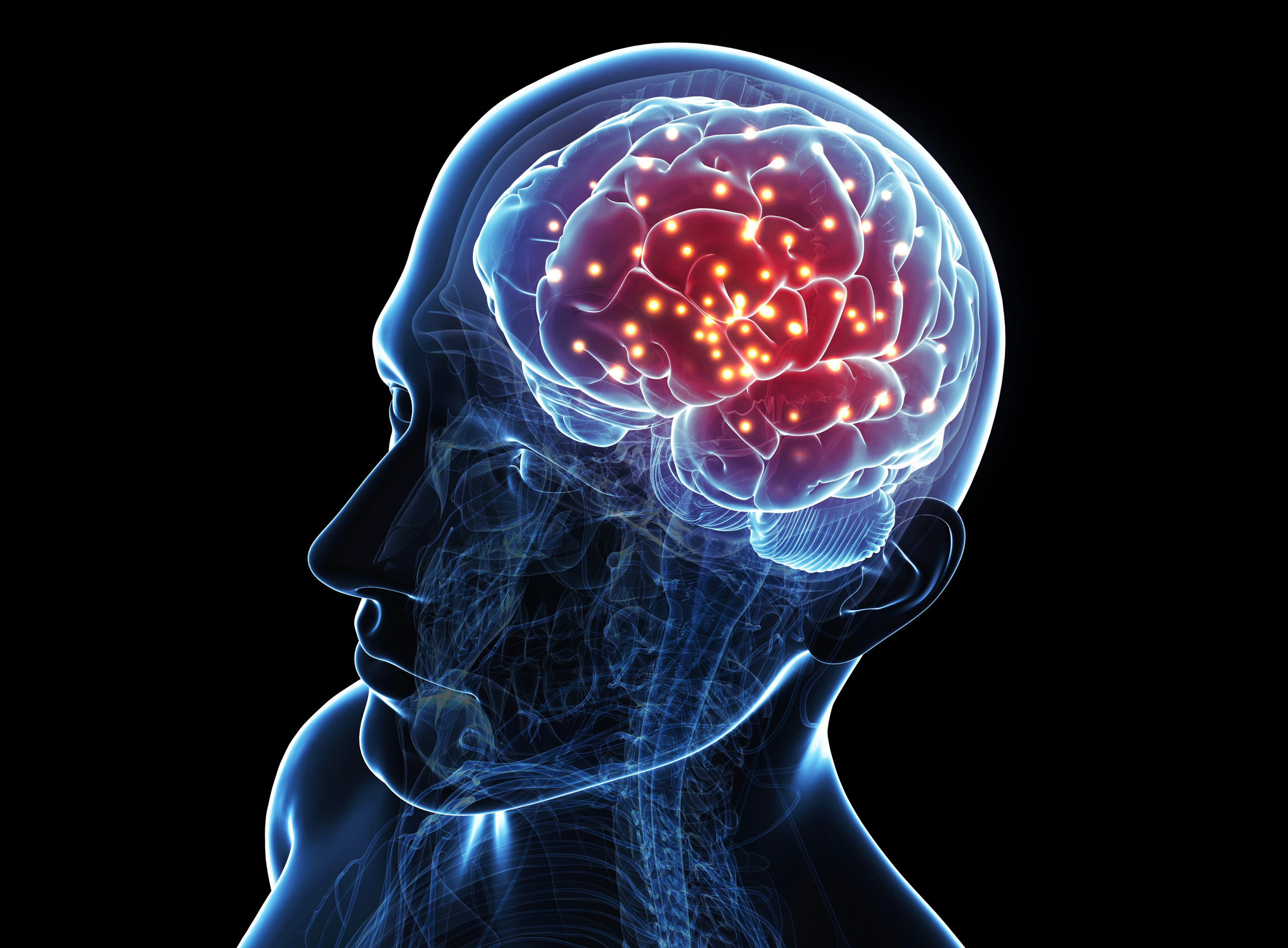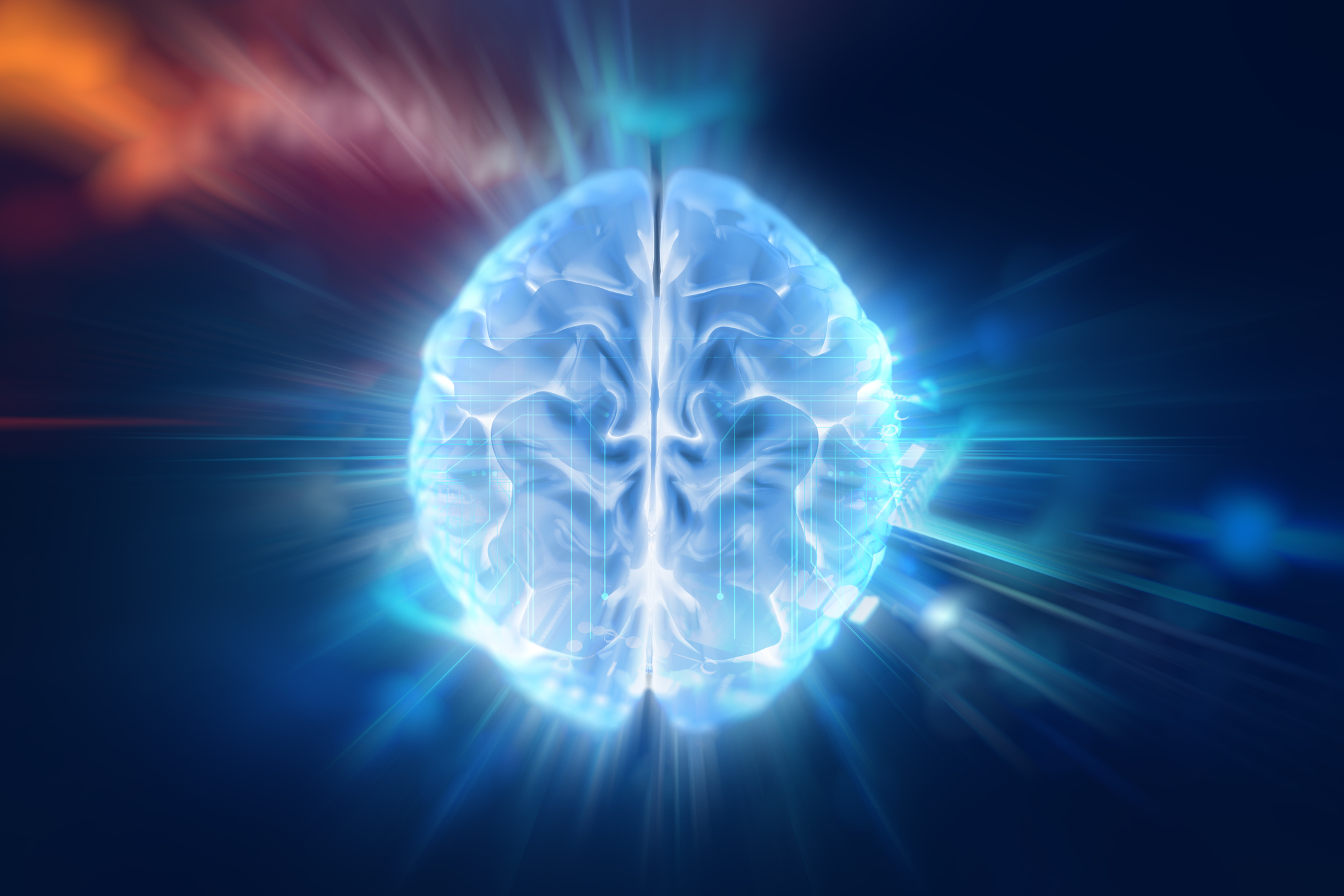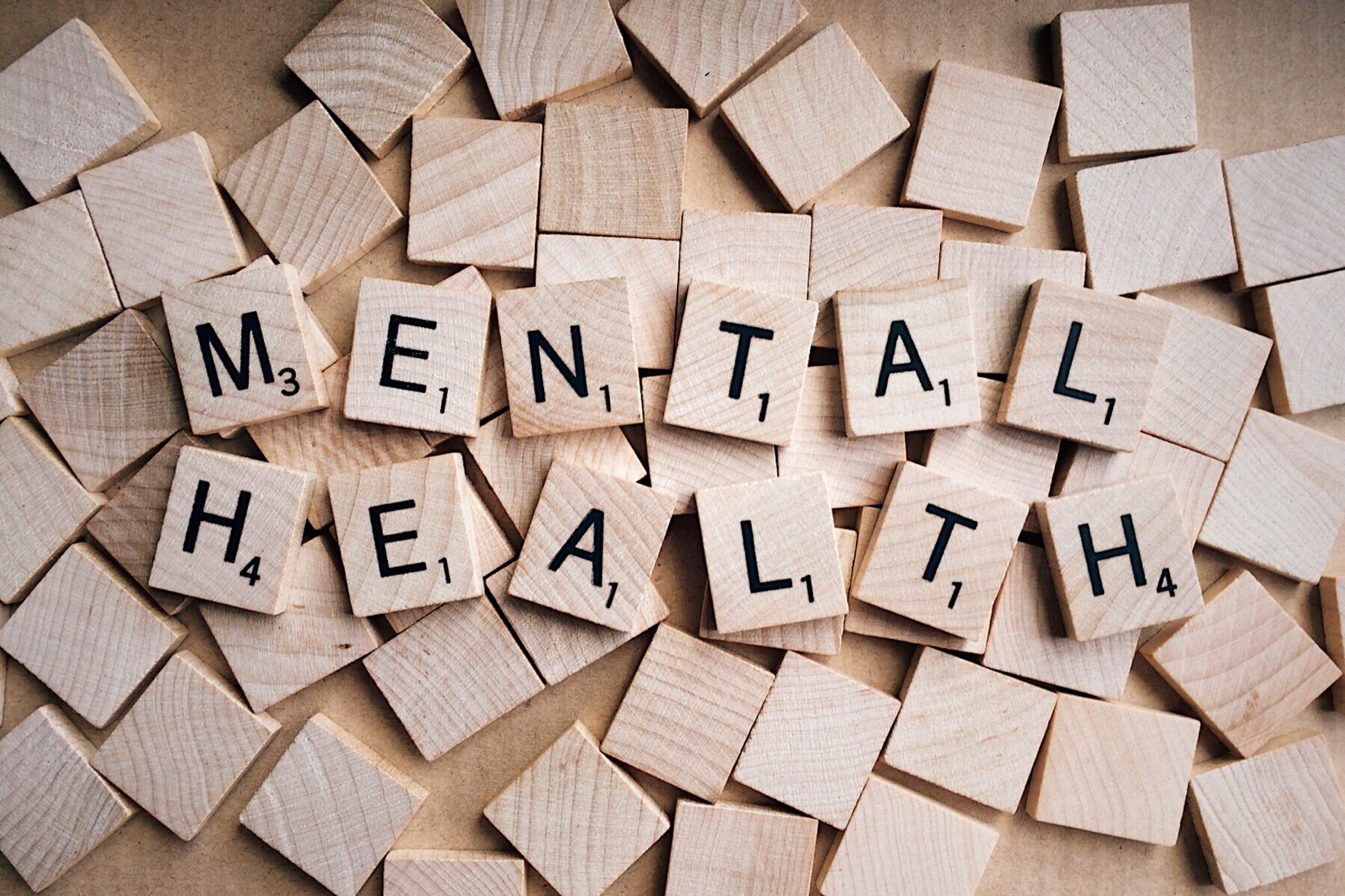
What Is Covid-19 Brain Fog?
As a cognitive-behavioural neurologist, I’ve been hearing from many people who have had “brain fog” as a result of COVID-19 infection. So I thought it would be worthwhile to describe what COVID-19 brain fog is and what may be done to alleviate it.
What Exactly Is Brain Fog?
Let’s begin by attempting to comprehend brain fog. Brain fog is not a medical or scientific phrase; it is a term used by individuals that describe how they feel whenever their thinking is sluggish, fuzzy, and just not sharp. Humans describe how they feel when their thought is sluggish, fuzzy, and not sharp as “brain fog.”

We all get this feeling when you are sick with the flu or another disease; you might not have been able to think properly. Perhaps you were jet-lagged, and your thoughts were slow because it seemed like 2 a.m.
Perhaps you consumed an antihistamine or another prescription that caused you to lose your focus for a few hours. In each scenario, you most likely simply waited for things to return to normal, whether that meant recuperating from your sickness, adjusting to a different time zone, or waiting for the medication’s negative effects to go.
COVID-19’s Impact on the Brain
COVID-19 may harm the brain in a variety of ways. Encephalitis, strokes, and a shortage of oxygen to the brain are only a few examples—other symptoms, such as a chronic deficit in sustained attention, maybe more mild.
COVID-19 can have long-term impacts on various organ systems and direct effects on the brain. Other persistent symptoms in so-called long transporters include weariness, bodily pains, inability to exercise, headache, and difficulties sleeping. These issues might result from long-term damage to the lungs, heart, kidneys, or other organs. Damage to these organs, or even simply the symptoms, can impair learning and memory, resulting in brain fog. For instance, how can you think effectively if you’re exhausted, and your body hurts? How can you concentrate if you’ve been awake for the better part of the night and have a headache?
What To Do If You Experience COVID-19 Brain Fog?
The first and most crucial thing you should visit your doctor and tell them about all of your remaining symptoms. These should include symptoms like brain fog and other neurologic symptoms (including weakness, numbness, tingling, loss of smell or taste) and difficulties like shortness of breath, palpitations, and irregular urine or stool.
What Can You Do To Get Rid Of The Brain Fog?
I advocate pursuing everything we know to enhance everyone’s thinking and memory to help remove the brain fog.
Get some aerobic workout in. You might need to start slowly, with two to three minutes of exercise a few times a day. While there is no set “dosage” of exercise for improving brain function, it is typically suggested that you aim for 30 minutes of activity five days a week.
Consume Mediterranean-style cuisine. It has been proved that a nutritious diet rich in olive oil, fruits and vegetables, nuts and beans, and whole grains improves thinking and memory as well as mental health.

Alcohol and drugs should be avoided. Avoiding chemicals that can harm your brain will give it the best chance to heal.
Good night’s rest. Make sure you get enough sleep for your body. Sleep is a moment when the brain and body may work together to eliminate toxins and promote healing.
Take part in social gatherings. We are social creatures. Social activities not only improve our moods, but they also improve our thinking and memory.
Engage in fresh, cognitively stimulating activities, listen to music, practice mindfulness, and maintain a positive mental attitude, among other useful activities.
Brain fog shall pass on its own, but if you are undergoing other symptoms that are bothering you, you may want to consult a doctor. Let us know in the comments if you are experiencing brain fog after COVID-19…
You May Also Like

The Delta Variant Is Making COVID-19 a Pandemic of the Young
2021-09-03
The Science Behind Eating Disorders
2022-04-18



One Comment
Pingback: